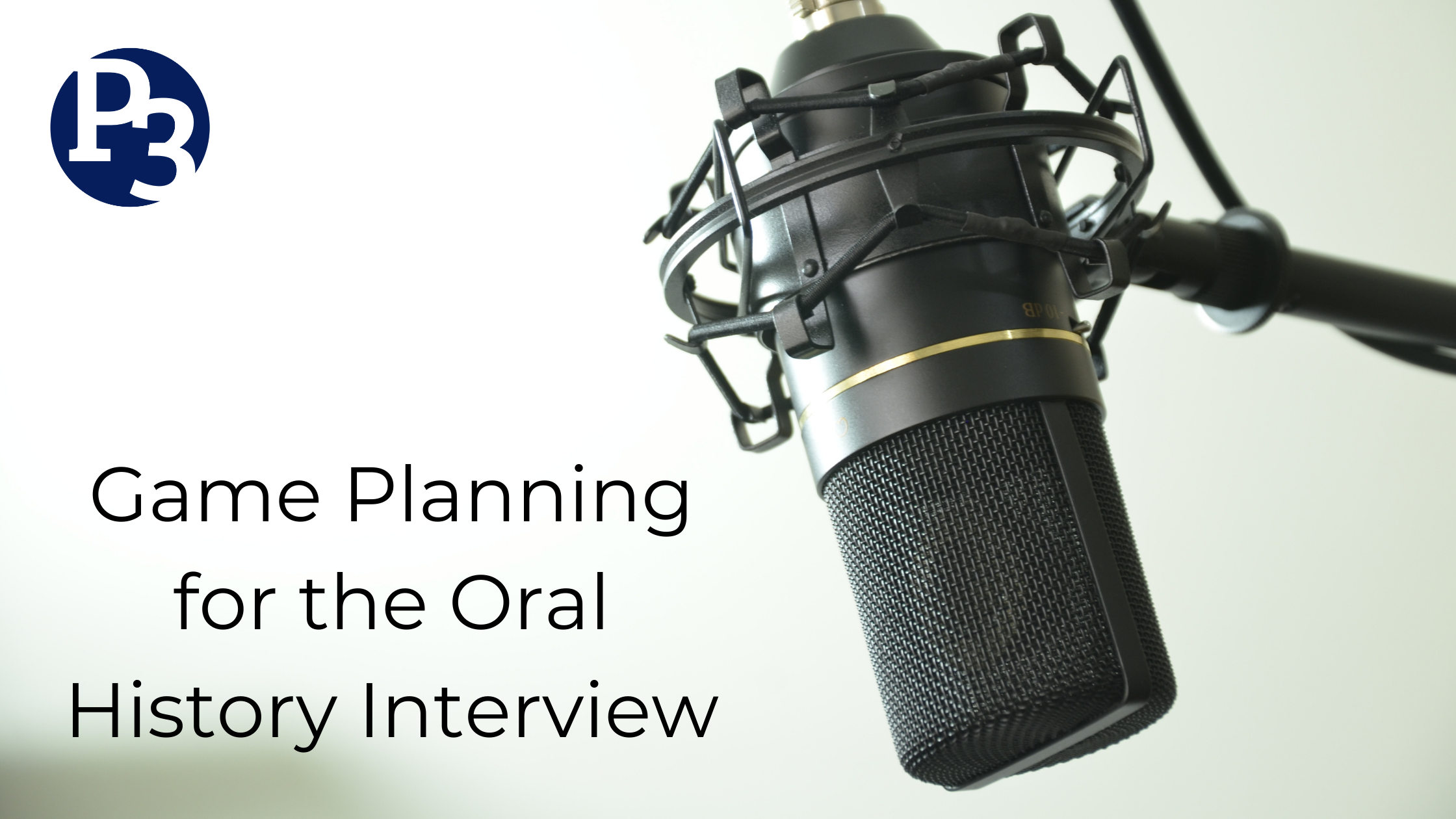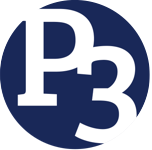
28 Feb Game Planning for the Oral History Interview
Oral histories are recorded stories about historic events, places, and or people told by those who either have first-hand knowledge of the historical topic or someone present during the time (2). Oral Histories are primarily used to explore historical context while also being informative for those without prior knowledge (1). They are important because it is a way to accurately pass down stories of historic significance.
Although gathering oral histories can seem simple, sometimes it might be a bit of a challenge to prepare for the oral history interview. For some people, interviewing can be a frightening process or can fluster those without experience. They may think “Where do I start?” or “What do I ask?” Thankfully, there are many ways to overcome those fears, and this blog will help with that as I will be explaining some ways to help create an oral history interview gameplan.
Who to Interview
Once you know that an interview needs to be conducted and your topic, it’s time to start the preparation. Your first step is deciding who you are going to interview. Are there experts on the topic? Do you know anyone directly connected to the topic?
Find out who is a good resource for the information that you are trying to gather and seek them out. When approaching them, start by introducing yourself, your company, affiliations, and why you reached out to them for an interview.
Make sure when asking people for an interview, that you are completely honest about the topic, the time needed for the interview, and the purpose of the interview. Be mindful that those you ask may say no and that’s okay! Thank them for their time and look for someone else to speak with.
What to Ask
Now that you know who you are interviewing, it’s time to handle the most important part of the interview: deciding what questions to ask. Here are some quick tips for getting the most accurate and detailed oral history from your interviewee.
- Make sure all questions are open-ended so that interviewees can provide detailed responses instead of just “yes” or “no” answers.
- Don’t ask leading questions because it can discredit your interview and create inaccurate information from the interviewee.
- Have a list of questions ready to ask. Each question is important; however, the interviewee is not obligated to answer all your questions. If there is any question or subject that you think might make the interviewee uncomfortable, please be sure to mention the question before the interview starts. If the interviewee doesn’t want to speak on it then respect that and do not ask the question or bring up the subject.
- Be prepared for anything! Be prepared to ask questions based on the answers you receive from the interviewee. This will enhance the oral history and can elicit more details and context to the topic.
Conducting the Interview
It’s time to get down to business and conduct the interview. There are a lot of things that can be done when interviewing, so I’m going to break this down and make it simple.
Be on Time
It’s the easiest and most obvious thing you can do, but extremely important, nonetheless. Make sure you are there in a timely fashion and you don’t keep your interviewee waiting. If you are late, you might miss your opportunity to collect valuable information. You also might break the trust the participant had in you and your team.
Record the Interview
Before you begin the interview, let the interviewee know what you will do with the recording and ask if they can be recorded. Recording the interviews will make it easier for you to transcribe participant answers to use in any needed analysis. The recording can also be used for a video later if you choose to record that way.
Go With the Flow
Start the interview with something light to make the interviewee feel comfortable and then build-up to the tougher questions. Something light can be general background questions or even just an icebreaker. This is also the time to pay attention to the answers as you may come up with other questions as you go. This can help with collecting oral history by allowing the interviewee to go into more detail about specific areas of your topic.
Make sure that you allow the interviewee to fully get their points across. The goal isn’t for you to say how you feel! The goal is to allow the interviewee to share their thoughts and experiences as they experienced them.
Thank the Interviewee
Finally, to conclude the interview, properly thank the interviewee. Showing your gratitude can go a long way toward creating long-lasting relationships. Also, reiterate how the interview information will be used to help build trust in the process.
It may seem difficult to conduct oral history interviews, but it can be very easy with the right preparation. As you conduct more interviews, the skill will become second nature, and you will also learn little tricks that best enhance your interview style. Follow the tricks above and you will master oral history interviews in no time!
Citations:
- Best practices. Oral History Association. (n.d.). Retrieved February 24, 2022.
- Niekrasz, E. J. (2020, May 7). How to do oral history. Smithsonian Institution Archives. Retrieved February 24, 2022.
About the Author: Broderick Pulliam has been contributing to Public Participation Partners as a Communications and Engagement Specialist since January 2022. Outside of work, Broderick enjoys podcasting, watching sports, and playing with his dog, Vinny.


Sorry, the comment form is closed at this time.